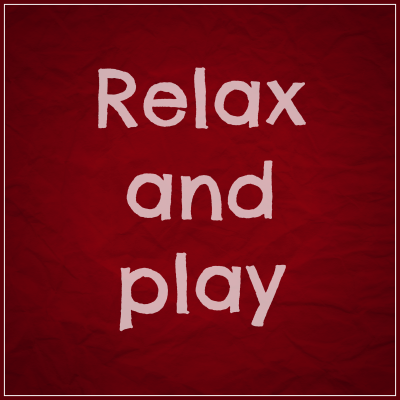Mike Birbiglia describes love in Sleepwalk with Me:
Deep down, our whole lives, no matter how low our self-esteem gets, we think, ‘I have a special skill that no one knows about and if they knew they’d be amazed.’ And then eventually we meet someone who says, “You have a secret special skill.” And you’re like, “I know! So do you!” And they’re like, “I know!”
Isn’t that basically the improv community, too?
In one of the recent Magnet Theater Podcasts, Sebastian Conelli and Louis Kornfeld discussed the ego’s role in improv. (“Um”s, “like”s, and “ya know”s removed from quotes below.)
LOUIS: You need an ego to be a good performer. Because on a certain level, whether you’re a stand-up or… an improviser… there’s a part of you that feels like, ‘there’s something special about me.’ And sharing that out with people… gratifies this sense of ‘I’m a special person.’ …I think it’s a lie to not accept that… it’s sort of very much at the core of performing anything… you feel like you have something worthwhile in you that other people should be exposed to.
SEBASTIAN: Yes. 100%. …Anyone that’s signing up for Level 2, Level 3, Level 4, HAS to feel that inside them. There’s no way. I mean, I understand there are people that do it for fun, because they wanna let loose, but at some point inside of them, they have to feel that.
Also this:
LOUIS: On my more honest days, it’s definitely like, ‘I’m a special guy.’ …If you lie about it to yourself, and you kinda surround it with false modesty… all you really end up doing is creating this grotesquely arrogant shadow part of your personality that secretly feels like it’s better than everybody. And it feeds all this ugly gnarly shit into your behavior over time that erodes… at… you acting like a decent person. But owning up to it and risking coming across a little bit egotistical, but acknowledging that… ‘I have an ego, I’m a special guy… and that’s sort of the battery that’s running the stuff that I do,’ I think in a lot of ways, actually makes it a lot easier to not build false superiority. If anything, it makes you accept your humilities in a much more honest way.
Let’s review.
Q: Why am I doing improv?
A: Good question.
Here’s my most recent take:
I want honest approval. I want someone to tell me I’m doing a good job. I want to be liked. I want to learn this secret special skill, and whip it out and show it to non-improvisers and accept their laudations of ‘what a secret special skill you’ve got there!’
(Probably other reasons too, but first let’s own up to wanting to feel special.)
Q: Why perform?
A: Good question.
I’m not sure.
Because I am more likely to get the approval I crave when I am in a comfortable low-stakes environment, I’m happy to limit my comedy to practice rooms + drinks with friends, and avoid the stress and heartbreak and disapproval of going onstage.
So maybe I can coax myself onstage like this:
The more people who sing my praises, the better. To achieve the highest level of approval, I’ll show off my secret special skill for lots of people, a whole AUDIENCE of people, and get SO MUCH approval all in one go.
That’d be cool, right? But performing isn’t easy. Very few people kill their first time. And the way you increase your odds of having a performance like that is to do lots of them, until you start hitting the mark more often. So you’ve gotta keep on truckin’. Yeah, performances kinda suck right now, but they won’t always.
‘Cos how great would it be to have an ENTIRE ROOM in stitches?
Is something like that even in me? Can I do that?
Yes!
Yes, I think I can!
I’ve already done it! Remember “dead presidents?” Maybe it wasn’t “good improv,” but wasn’t it a thrill?
You can’t make everyone like you, but with time and dedication and hard work, you can make a large percentage of them like you for half an hour.


